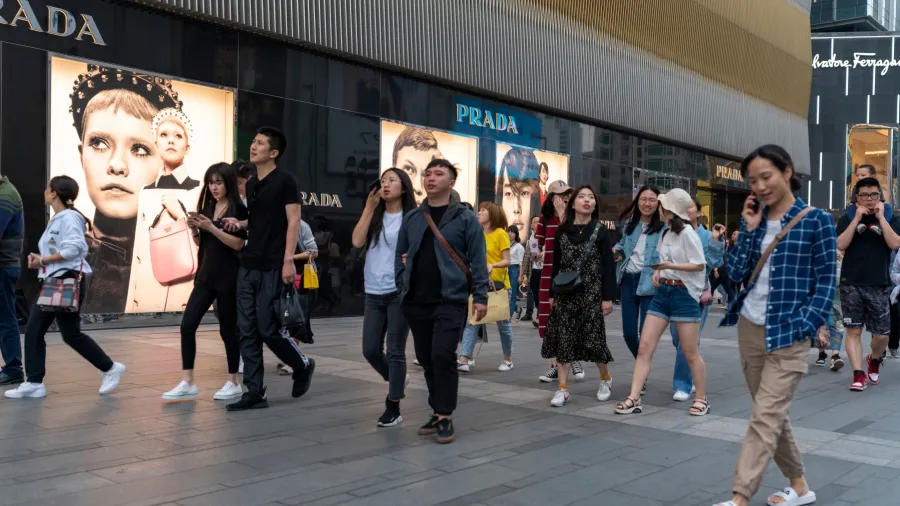
Asia Pacific retail sales growth slows further in Q2 2024
Retailers are expected to prioritise cost efficiency to sustain profitability.
Retail sales growth in Asia Pacific slowed further in the second quarter of 2024, hit by weak domestic consumer confidence, according to CBRE's latest report.
Many luxury and jewelry brands, particularly those targeting aspirational buyers, saw lower-than-expected sales as Chinese consumers cut back on spending amid ongoing economic uncertainty.
Both Singapore and Hong Kong SAR saw declines in domestic retail sales as strong local currencies prompted residents to shop abroad.
Despite a general uptick in regional tourist volumes, the number of mainland Chinese visitors remained below pre-pandemic levels. However, Korea and Japan experienced a boost in Chinese tourists due to the weakening of their currencies against the RMB, whilst Malaysia and Thailand attracted visitors with visa-free entry policies.
The report said retailers continue to expand but are selective about new locations. Japan and Korea are the most optimistic markets for leasing, with retailers seeking pop-up stores in prime spots due to limited long-term options.
Luxury brands are now also focusing on fewer but larger stores in iconic locations. Shophouses in Singapore and flagship stores in Australia are particularly popular.
Meanwhile, the food and beverage sector remains strong, with global brands targeting Korea and prime office locations in business districts. Sportswear, outdoor, and designer fashion brands are active across major markets.
Leasing demand from mainland Chinese brands has slowed, affecting both their home market and Hong Kong SAR. Some F&B and fashion brands are cutting back on stores due to falling sales, whilst gym and yoga studio closures continue. However, niche and domestic lifestyle brands are seeing revenue growth.
"With retail sales decelerating and consumer sentiment waning, retailers are set to focus on cost efficiency to maintain profitability in H2 2024," the report noted.
Vacancy rates
Retail vacancy rates in major Asia Pacific markets stabilised in Q2 2024, with tight availability in prime shopping areas. In Japan, some retailers are looking to purchase street-level units in key locations.
“Although vacancy stayed flat in mainland China, supply and demand pressure prompted landlords to adopt a more flexible attitude towards lease terms,” the report added.
In Australia, the upcoming increase in supply in Melbourne is expected to lead to a slight rise in incentives during the latter half of 2024. New developments in India are anticipated to boost overall absorption rates, driven by aggressive expansion from domestic brands.
Retail rents
Moreover, retail rents in Asia Pacific increased by 0.4% quarter-on-quarter, driven by strong demand in prime locations. Perth saw its first rental growth since 2015, whilst Singapore’s rents grew by over 1%, particularly in Orchard and City Hall/Marina Centre. Tokyo’s secondary locations also saw rent increases, though Ginza remained stable.
In contrast, rental growth in Hong Kong SAR slowed due to weaker leasing activity, and rents in mainland China faced downward pressure. This has led CBRE to further lower its full-year rental forecast for tier I cities. Taipei’s rents ended the quarter flat, halting the decline observed since 2017.
CBRE’s Asia Pacific Retail Capital Value Index dropped by 1.8% QoQ, the steepest decline since 2020. Mainland China saw a 4.8% drop in values due to discounted sales by financially stressed developers. Other markets, including Hong Kong SAR and the Pacific, also faced value declines amid high interest rates.

















 Advertise
Advertise







